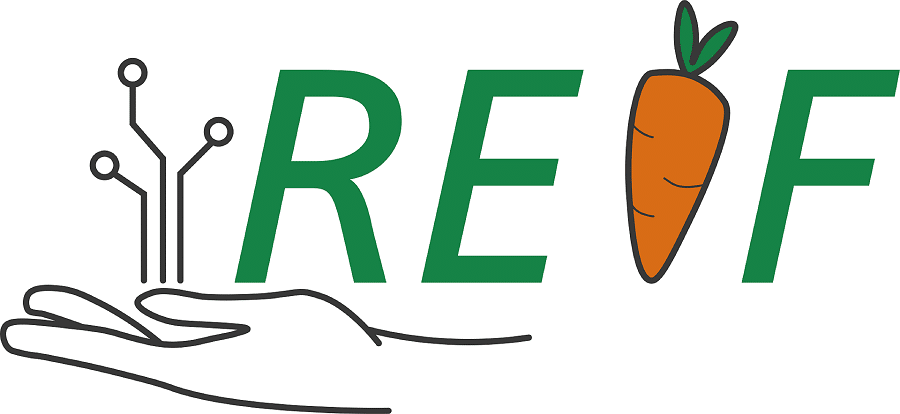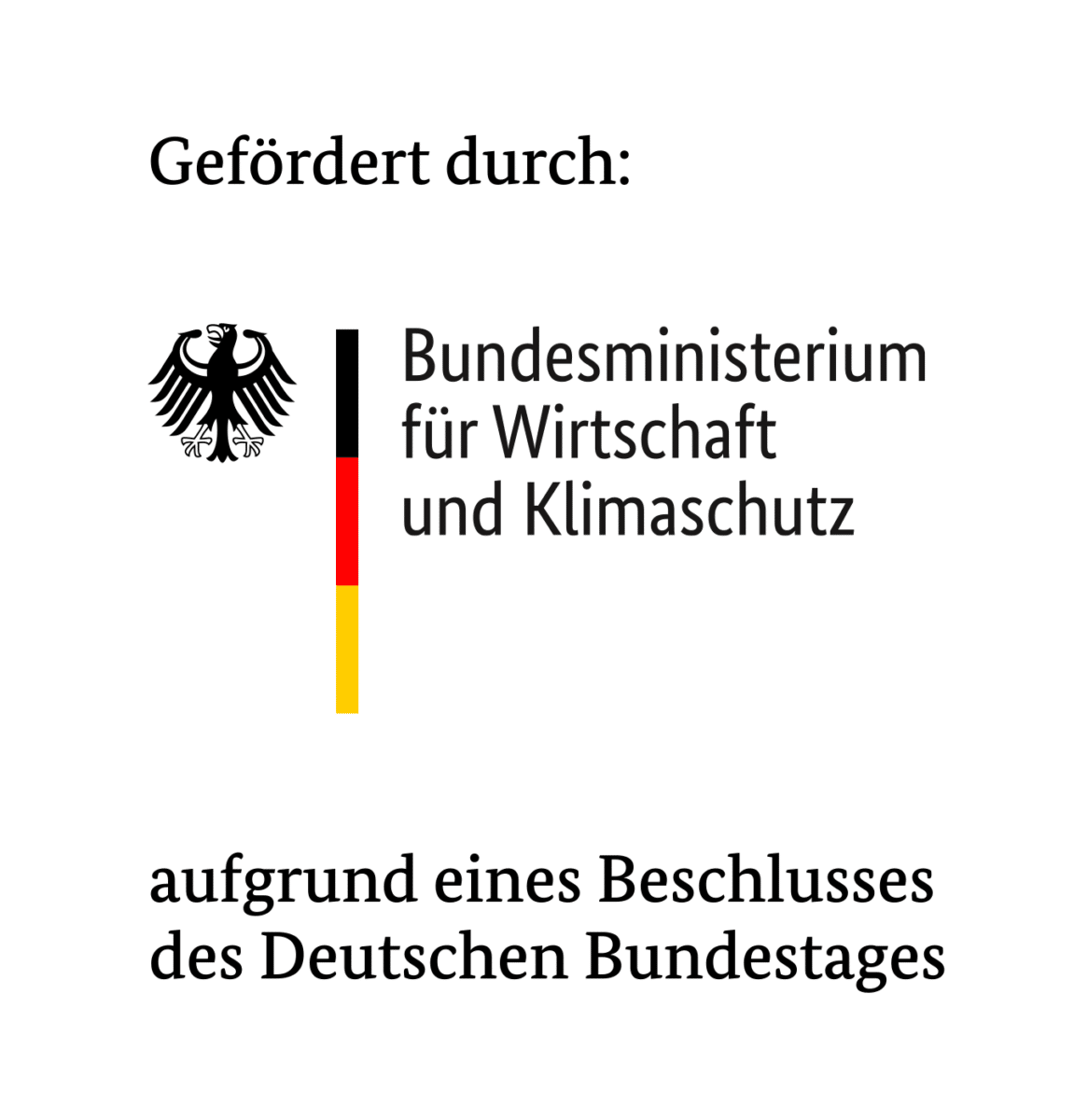Our research focus in the field of artificial intelligence

Initial situation:
In Germany, approximately 18 million tons of food are disposed of every year. However, 60 percent of the food disposed of comes not from private households but from food production companies. This problem also exists in the meat industry. Consequently
AI-based delivery control prevents the occurrence of surplus goods, some of which have to be disposed of or deep-frozen because of the best-before date. Thus, it is necessary to minimize the amount of freezing.
As part of subproject V for the development of resource-saving production processes through the use of AI models, the project team, consisting of employees of Westfleisch SCE mbH, Jade University of Applied Sciences, Fraunhofer IGCV and CompanyMind GmbH & Co. KG, is optimizing the existing production planning process with regard to a resource-saving concept. In addition, business processes were redesigned to optimize production planning.
Status Quo:
With the developed AI service “Demand-driven production plans”, it is possible to reduce food waste and avoid overproduction, especially by reducing the amount of frozen meat.
For this purpose, a reinforcement learning algorithm was trained with historical data on quality-related deliveries and the resulting inventory levels. The quantity produced was also taken into account. By training with this data, specific predictions can be made about the demand for products in the coming week over a given planning horizon.
In this case, the result of the AI service consists of a plan for the next eight days, which represents the sum of requirements, receipt quantity, net quantity, freeze quantity, expired customer orders and the development of these quantities during the planning horizon. In addition, the reinforcement learning algorithm makes explicit suggestions for delivery date shifts that always apply to all items in a delivery. As retail quality requirements diverge, this is also taken into account in the delivery date shifts.
This means that customers are always supplied with the required quantity in the right quality and at the same time the freezing quantity is reduced
Minimize the amount of freezing.
Optimization of the production planning process.
Avoidance of overproduction.
Ensure quality.

Are you interested in a cooperation at eye level?
